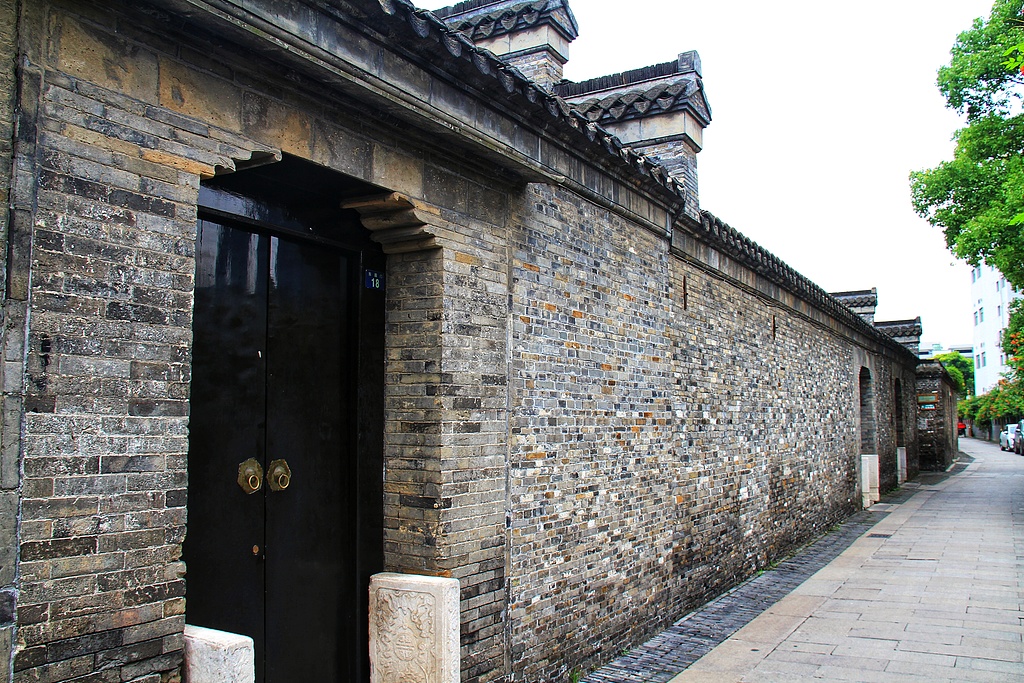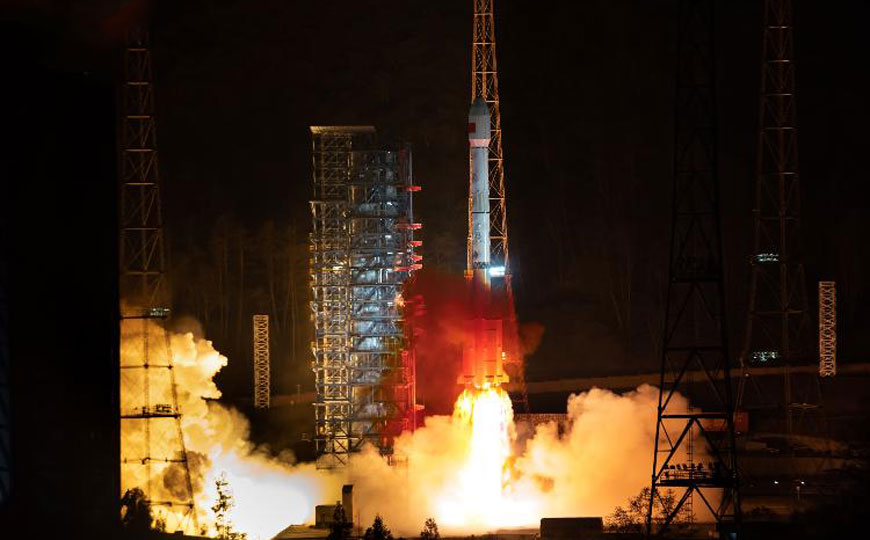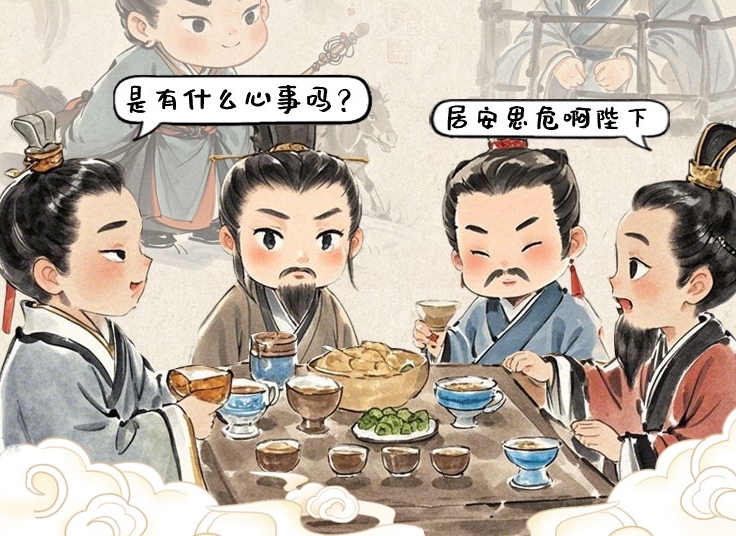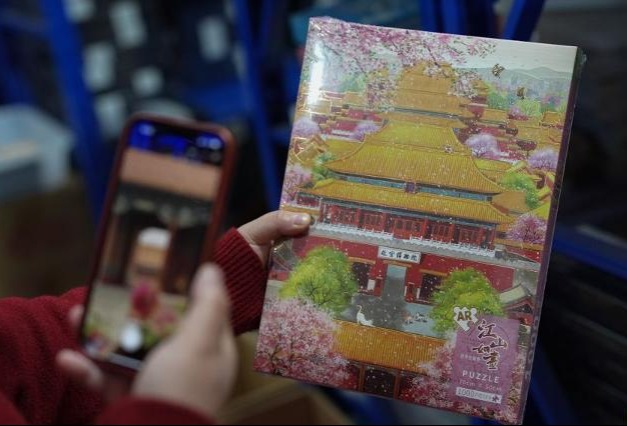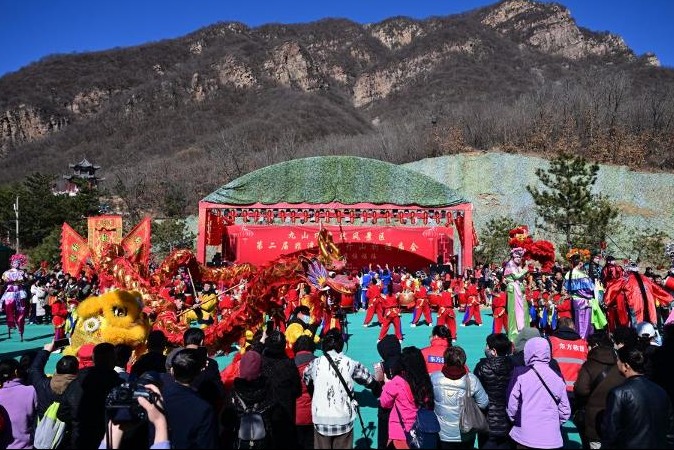海报新闻
2500多年前的春秋时代,齐鲁大地圣人辈出,诞生于齐国的孙武就是其中之一,一部不朽之作《孙子兵法》让其获得“兵圣”的美名。其兵法中所蕴含的超人智慧、深邃思想,已深深融入在中华民族的精神血脉之中。
Over 2,500 years ago, during the Spring and Autumn period, the land of Qilu wasa cradle of numerous sages.Sun Wu, also known as Sun Tzu, was one of them, born in the state of Qi. His immortal work, "The Art of War", earned him the title of "Grand Master of Military Strategy". The extraordinary wisdom and profound thoughts contained within his work had become deeply ingrained in the cultural DNA of the Chinese nation.
“兵学圣典”的撰写者
Author of the Sacred Texts of Military Science
孙武出生在齐国,为齐国将门之后,受齐国的尚武风气所影响,自幼便对军事战略展现出浓厚的兴趣与非凡的天赋。齐国早期的兵学文化和兵学传统,给年轻的孙武留下了深刻的印象,他博学广识,精通《军政》《司马法》等古典军事著作,并从中汲取了丰富的营养,为他撰著兵法奠定了深厚的思想基础和理论基础。在推演过往发生过的重大战役基础上,孙武总结了战争的一般规律,写成《孙子兵法》十三篇,脍炙人口的“知己知彼,百战不殆”正是出自这本书。
Sun Wu was born into a family of generals in the State of Qi, where he was influenced by the martial culture and developed a keen interest and exceptional talent for military strategy from an early age. The traditional military science of Qi left a lasting impression on the young Sun Wu. He was well-read and proficient in ancient military texts such as "Military Administration"and "The Methods of the Sima", drawing rich nourishment from these works to lay a solid foundation for his own military treatise. By analyzing historical battles, Sun Wu summarized the general principles of warfare and wrote the thirteen chapters of "The Art of War". The famous phrase "If you know both the enemy and yourself, you will fight a hundred battles without danger of defeat" comes from this book.
兵法智慧的实践者
Practitioner of Strategic Wisdom
孙武不仅对兵法理论有深入的研究,在战争实践中也展现出了非凡的军事才华。公元前532年,齐国内乱,孙武为避乱出奔吴国,这成为他人生历程中的关键转折。在好友伍子胥的引荐下,孙武得到了吴王阖闾的赏识,并被拜为将军,他的军事才能终于得到了展露的机会。在后来的柏举之战中,吴军在孙武的率领下五战五捷,以3万兵力击败了20万楚军,创造了中国乃至世界战争史上以少胜多、快速取胜的成功战例,也成为《孙子兵法》军事理论成功运用于实践的光辉典范。此战过后,走向人生辉煌高点的孙武却感觉吴宫已非久留之地,于是恳求解甲归田,自此飘然隐逸。
Not only did Sun Wu delve deeply into military theory, but he also demonstrated remarkable military prowess in practice. In 532 BC, when internal strife broke out in the State of Qi, Sun Wu fled to the State of Wu, marking a pivotal turning point in his life. With the recommendation of his friend Wu Zixu, Sun Wu gained the favor of King Helü of the State of Wu and was appointed as a general, finally providing an opportunity for his military talents to shine. During the Battle of Baiju, under Sun Wu's leadership, the Wu army won five consecutive victories with just 30,000 troops against an army of 200,000 Chu soldiers. This became a shining example of a successful battle where the outnumbered emerged victorious quickly, demonstrating the practical application of the theories in "The Art of War". After achieving the pinnacle of his career, Sun Wu felt that the court of Wu was no longer a place for him, so he requested to retire and returned to a life of seclusion.
从去齐奔吴,再到去吴归隐,不难看出孙武对危与机的把握与应对。他的军事思想和著作不仅为战争决策提供了宝贵的指导,更蕴含丰富的哲学、辩证法思想,对后世影响深远。
From leaving Qi for Wu and then retiring from Wu, it is evident how Sun Wu perceived and responded to crises and opportunities. His military philosophy and writings not only provided valuable guidance for warfare decision-making but also contained abundant philosophical and dialectical thought, influencing generations to come.
(部分素材来源:山东宣传、东营网)
无限工作出品
视频:周溪琳
文案:武玮佳 刘明婕(实习编辑)
翻译、配音:武玮佳
责编:胡玥姣
审核:辛然
责编:辛然

缅甸强震已造成5名中国公民遇难
央视新闻客户端
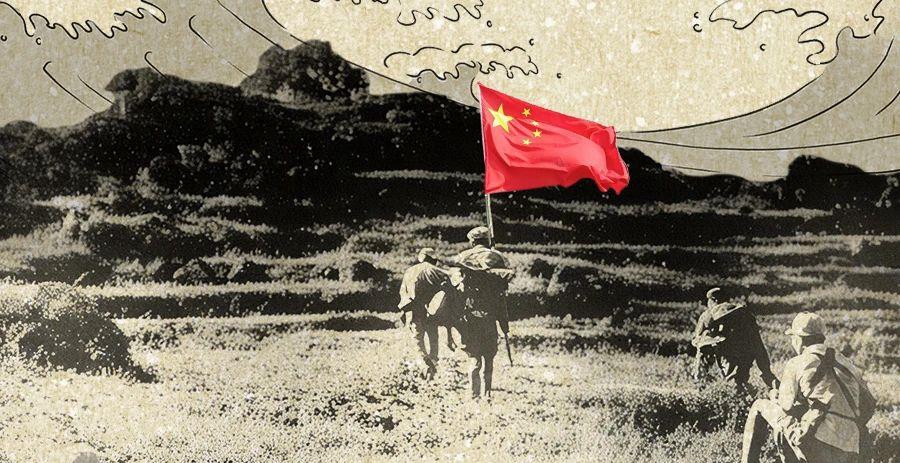
历史早已写下答案!为了这个省 他们用生命铺路
央视军事
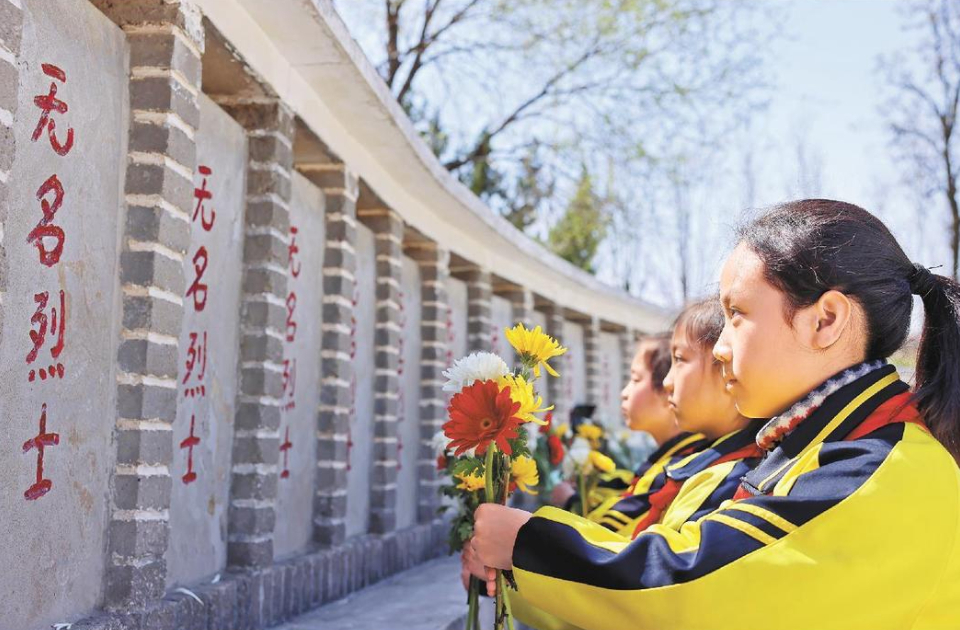
英烈纵无名 山河永不忘
大众新闻·大众日报

赏花踏青觅春 山师附小2.4班师生赴百花公园开展春游研学活动
海报新闻

特朗普政府因对中国进口产品征收关税被起诉
央视新闻客户端

特朗普:只要马斯克愿意 其可无限期留任“政府效率部”
央视新闻客户端

坚决反对!中国医药保健品进出口商会就美征收所谓“对等关税”一事发表声明
央视新闻客户端

“滴滴崩了”冲上热搜!网友称被“无缘无故扣钱”,客服回应
潇湘晨报

联合国贸发会议警告全球贸易紧张局势升级
央视新闻

徒步百里祭英烈,这堂“思政课”已坚持30年
人民日报














